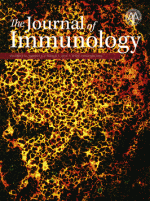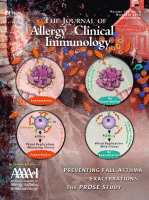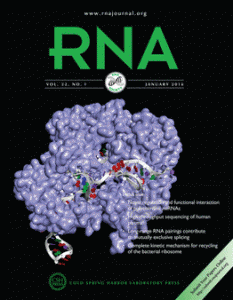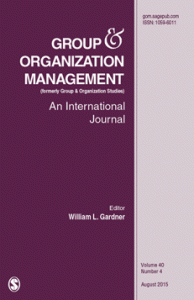Plant biologists have issued a major correction (what we dub “mega“) after realizing a significant mistake in their experiment.
The 2014 paper shows that a protein known as RAP plays a key role in chloroplast biogenesis. But as Ludwig Maximilians University-based authors Alexandra-Viola Bohne and Laura Kleinknecht continued to do their research, they found an error in the design of primers they used to synthesize the RNA for their experiments — and told us they are concerned other researchers could run into the same problem.
Although the authors considered retracting the paper, since its main conclusion was unaffected, they issued a correction notice, published in April in Plant Cell:
Continue reading “We were completely shocked:” Plant biologists issue mega-correction
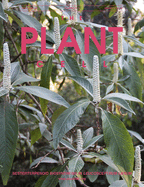
 If you need evidence of the value of transparency in science, check out a pair of recent corrections in the structural biology literature.
If you need evidence of the value of transparency in science, check out a pair of recent corrections in the structural biology literature.
